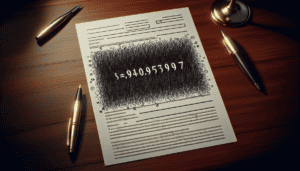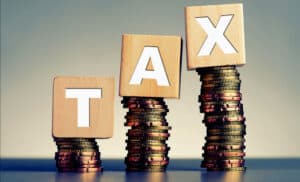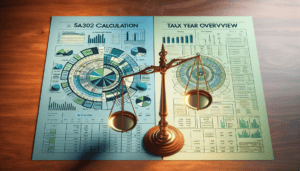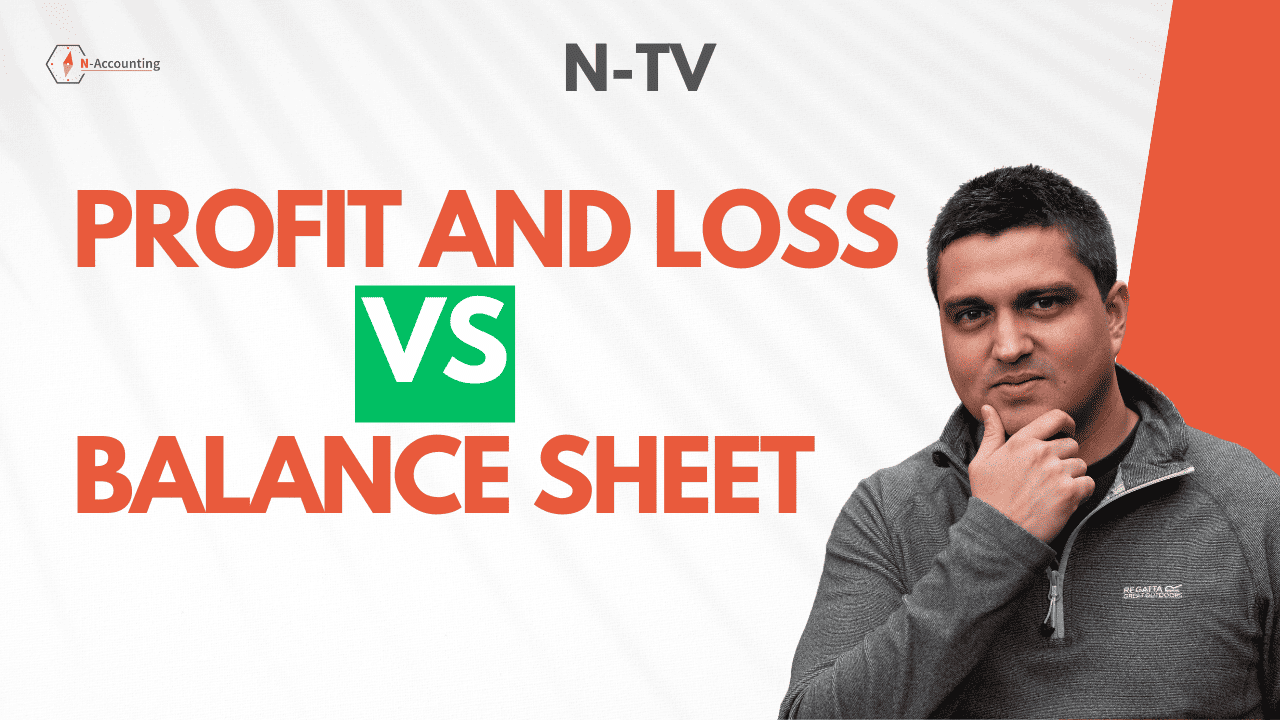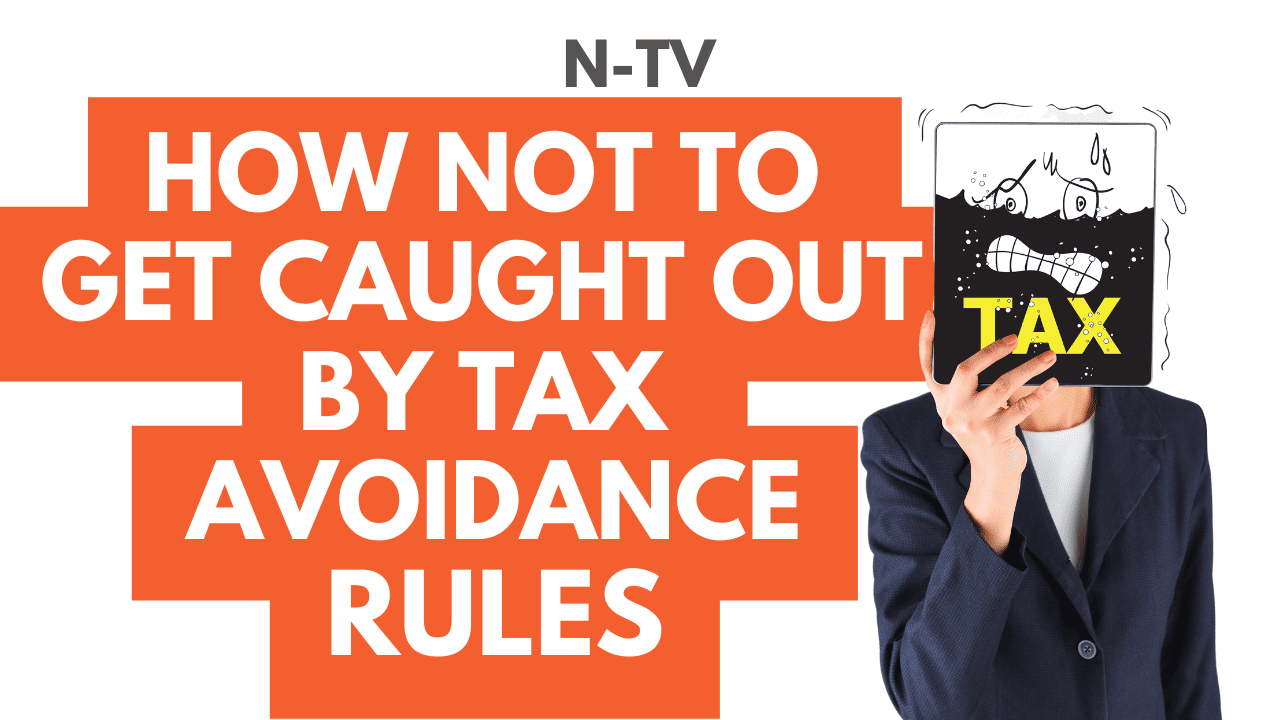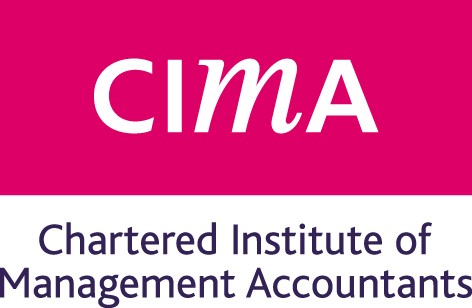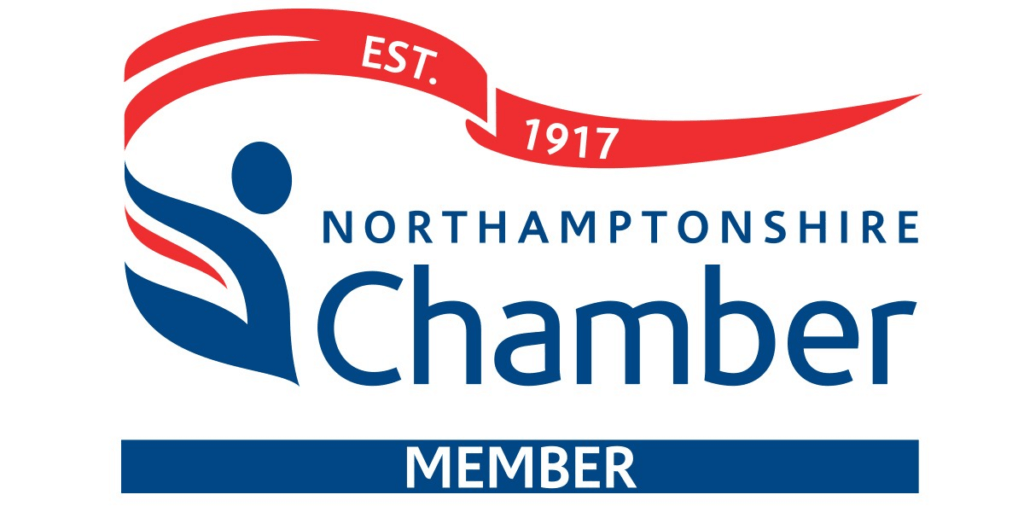The world of tax can be incredibly complicated and even the most insignificant of activities like receiving interest from savings or letting out a room in your house can have tax consequences. So it’s no surprise that thousands of businesses and individuals are hit with HMRC penalties every year for tax offenses that they didn’t know they had committed. This article will also apply to some extent if you have deliberately evaded tax and are tired of always having to look over your shoulder.
In my last blog article on this subject titled ‘What’s the difference between tax evasion and avoidance?’ I mentioned that one was legally restructuring business activities to reduce tax and the other was a deliberate breach or an attempt to conceal an accidental breach of the tax rules. Other common answers to this are “the thickness of a cell wall” or “spooning you cell mate at night” but my overall point in this article is that it doesn’t have to come to that.
There is one key defense for anyone who has outstanding tax to pay either accidental or deliberate and that is full disclosure to HMRC. It might almost seem counter intuitive to expose your mistakes but there is a certain level of discretion allowed for tax inspectors to waive fines, penalties and criminal prosecution if the perpetrator comes to them before they are found out. Of course whatever the outcome there will generally be interest to pay and the relevant tax returns will need to be updated.
Now we know the options its worth considering what actually needs to be disclosed, for example let’s say you bought some tea bags for your business and then took some home without putting through a personal use adjustment. As a standalone infraction it’s not worth writing to HMRC to disclose this as the 50p of tax due isn’t worth their time processing it or yours to write the letter. It is important to understand though that there is a certain level of integrity expected regarding your accounts and multiple instances of this kind of behaviour could be enough evidence for a tax inspector to override your figures with their own and charge you a shed load of additional tax in the event of an inquiry.
Tax enquiries can go back 4, 6 or even 20 years depending on the reasons for the tax infractions and while the 20 year figure is extreme it’s a reminder that you can never really out run a tax debt so the only way to be free of it is to settle it with HMRC. The 20 year limit can apply in cases of deliberate tax evasion and also where HMRC hadn’t been notified that a tax return was due, the latter could be quite common in the case of private landlords, investors and people running a part-time business.
If you do have outstanding tax debts that you wish to disclose, then it’s well worth seeking the advice of a good accountant before you contact HMRC. There are often complex calculations involved when working out the tax due and interest as well as ways to reduce the tax bill through negotiation. As accountants based in Northampton we have helped many small business owners gain a fresh start by putting their tax affairs in order and helping them follow the tax rules going forward, if this is an issue that effects you then please contact us today for a free initial meeting.


